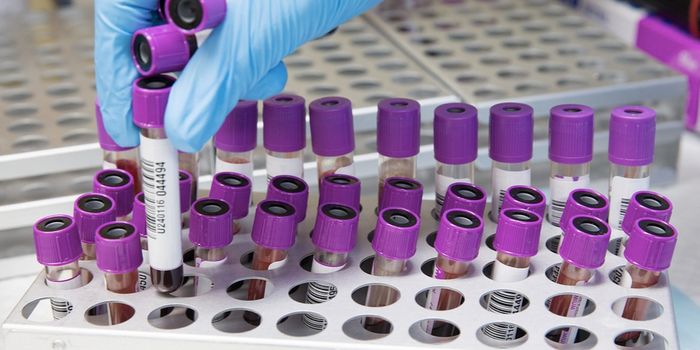The UK has just approved new pair of anticancer drugs for the treatment of one of the most aggressive and deadly forms of skin cancer – melanoma. The drug duo, ipilimumab and nivolumab, showed remarkable success as immunotherapy agents, and it’s possible the UK’s approval will be carried over the pond to the US soon.

Melanoma is a deadly form of skin cancer caused by ultraviolet radiation damages to the skin cells. According to the World Health Organization, between 2 and 3 million people worldwide have skin cancer. And of that, about 132,000 people have melanoma. The incidence of skin cancer is only rising, as experts believe the depletion of the ozone layer will result in an additional 300,000 new cases every year.
One of melanoma’s nasty tricks includes hoodwinking the body’s immune system to recognize the cancer as healthy cells. Thus, the cancer evades death by the immune cells, and they proliferate instead.
To combat this, researchers have turned to immunotherapy, the technique of using the immune system to fight off disease. This is one of the most promising avenues for anticancer treatments, as it fortifies and amplifies the body’s own defense mechanisms to kill the cancer cells.
Ipilimumab and nivolumab both work as immunotherapy agents, blocking cancer’s ability to hoodwink the body’s immune system. In particular, nivolumab belongs to a class of medicines called PD-1 immune checkpoint inhibitors. This drug works by blocking a programmed death receptor in the body’s immune cells, allowing these cells to perk up longer and attack the tumor. Ipilimumab has similar actions on a similar checkpoint switch known as CTLA-4.
"Immunotherapy is genuinely exciting, it is starting to have a profound effect on many cancers and I'm in no doubt there will be patients that have long-term durable control of their disease... it really is a game-changer," said Paul Nathan, a doctor from the Mount Vernon Cancer Center in the UK.
For these drugs, it turns out the sum is greater than the parts alone. A large proportion of patients given the drug combination reportedly experienced dramatic tumor shrinkage. In addition, a portion of the patients responded so well to the drug that the cancer all but disappeared.
“These promising new immunotherapy treatments for advanced melanoma look set to significantly extend the life of people with the condition,” said Carole Longson, from the UK’s National Institute for Health and Care Excellence. Indeed, the astounding positive response drug duo swiftly led to its approval in the UK. It’s expected that patients in England will have this treatment option very soon.
This is good news across the pond too, as the US may soon follow suit. Nivolumab is already on the market in the US under the name Opdivo by Bristol-Myers Squibb. Furthermore, the drug has been FDA-approved for the treatment of melanoma, in addition to several other cancer types, including lung and kidney cancer, head and neck cancer.
Additional source:
BBC News
 Melanoma is a deadly form of skin cancer caused by ultraviolet radiation damages to the skin cells. According to the World Health Organization, between 2 and 3 million people worldwide have skin cancer. And of that, about 132,000 people have melanoma. The incidence of skin cancer is only rising, as experts believe the depletion of the ozone layer will result in an additional 300,000 new cases every year.
Melanoma is a deadly form of skin cancer caused by ultraviolet radiation damages to the skin cells. According to the World Health Organization, between 2 and 3 million people worldwide have skin cancer. And of that, about 132,000 people have melanoma. The incidence of skin cancer is only rising, as experts believe the depletion of the ozone layer will result in an additional 300,000 new cases every year.







